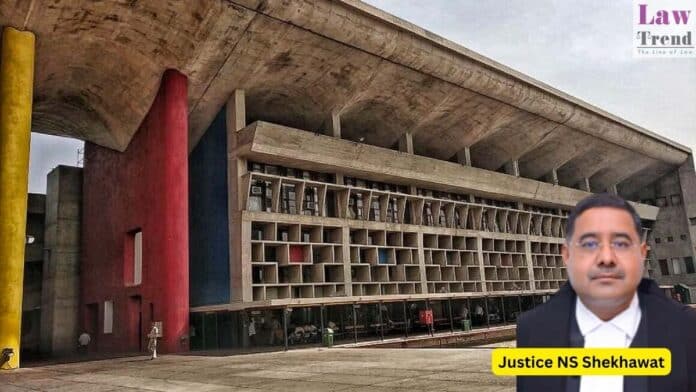The Punjab and Haryana High Court, presided over by Justice N.S. Shekhawat, has quashed an FIR under the Scheduled Castes and Scheduled Tribes (Prevention of Atrocities) Act, 1989, citing the lack of evidence to prove that the accused were aware of the complainant’s caste at the time of the alleged incident. The judgement underscores the
To Read More Please Subscribe to VIP Membership for Unlimited Access to All the Articles, Download Available Copies of Judgments/Order, Acess to Central/State Bare Acts, Advertisement Free Content, Access to More than 4000 Legal Drafts( Readymade Editable Formats of Suits, Petitions, Writs, Legal Notices, Divorce Petitions, 138 Notices, Bail Applications etc.) in Hindi and English.




